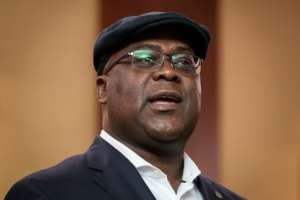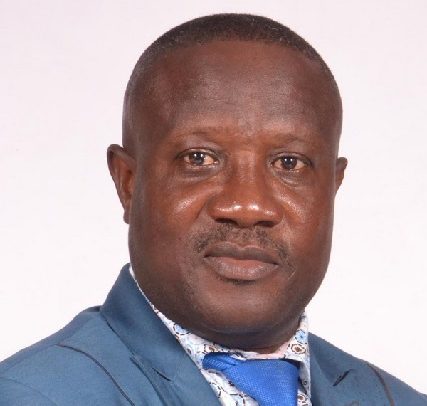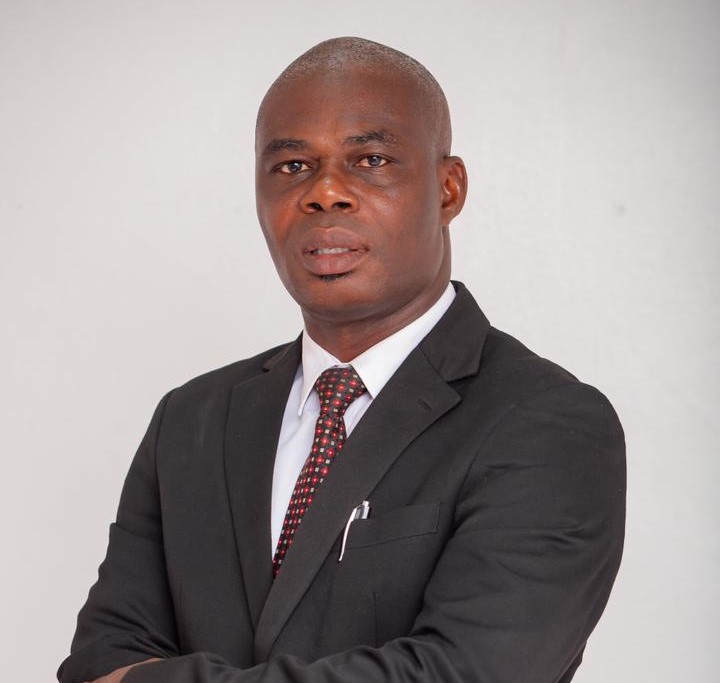
Activists protested in Kinshasa on Monday after opposition leaders backed a little-known MP as their joint candidate for next month's presidential election, overlooking the leader of the country's biggest opposition party.
Following three days of talks in Geneva aimed at bridging rifts, seven opposition leaders on Sunday picked Martin Fayulu as their joint candidate for the December 23 ballot to replace President Joseph Kabila, who has been in power for 18 years.
Fayulu was one of four opposition candidates authorised by the country's election body to run in the elections but various political groupings decided to boost their chances by rallying behind one candidate.
The elections are critical for the future of DRC, a sprawling, mineral-rich country that has never experienced a peaceful transition of power since it gained independence from Belgium in 1960.
The choice of 61-year-old Fayulu was a surprise as Felix Tshisekedi, who heads the UDPS -- for years the country's main opposition party -- had widely been seen as the front-runner.
The decision was not particularly well received back home.
Angry activists gathered in pouring rain to express discontent outside the UDPS headquarters in Kinshasa, police said.
"They burned effigies and pictures of Felix Tshisekedi," police spokesman Pierrot Mwanamputu told AFP, while witnesses also reported seeing them burning tyres.
A similar protest took place outside the offices of the UNC, a party headed by former National Assembly speaker Vital Kamerhe who had also been flagged as one of the opposition front runners.
Between 200 and 300 people took part overall.
The 'Wake Up' coalition
 The decision was a surprise as Felix Tshisekedi, who heads the UDPS -- for years the country's main opposition party -- had widely been seen as the front-runner. By Fabrice COFFRINI (AFP)
The decision was a surprise as Felix Tshisekedi, who heads the UDPS -- for years the country's main opposition party -- had widely been seen as the front-runner. By Fabrice COFFRINI (AFP) Earlier, UDPS Secretary General Jean-Marc Kabund refused to comment on the decision, saying he would address the party on the matter at a meeting later on Monday.
Tshisekedi, who has a home in Belgium, has not yet returned to Kinshasa.
Earlier, Kabila's ruling PPRD party acknowledged the opposition's choice of Fayulu but wondered if he had enough time, as the vote takes place in less than six weeks.
"I wonder if they will have time to prepare to face our candidate who has a team which has been working for many months," remarked Tunda ya Kasende, the PPRD's deputy secretary general, saying the party was "not worried" by the choice of Fayulu.
Fayulu will run at the head of a new opposition coalition called "Lamuka" -- which means "wake up" in both Lingala and Swahili. He will stand against Emmanuel Ramazani Shadary, a hardliner and former interior minister who is backed by Kabila.
The 61-year-old MP, whose Engagement for Citizenship and Development party holds just three seats in the National Assembly, has been at the forefront of marches opposing Kabila's efforts to remain in power beyond his constitutional term.
A former oil executive who was educated in the United States and France, Fayulu has also emerged as a strident critic of South Korean-made electronic voting machines -- one of the issues dividing the opposition.
Critics claim they could be used to stage massive fraud in December's presidential, parliamentary and provincial polls.
But the authorities insist the technology will cut costs, prevent fraud and provide a faster tally.
In late October, thousands of opposition supporters rallied across the country to demand the use of such machines be scrapped, chanting: "Voting machine equals cheating machine."
Fayulu has threatened to quit the race if the devices are introduced for the vote, while Tshisekedi had said he would run whether the machines are used or not.
The issue may have tilted Sunday's decision in Fayulu's favour.
Following the announcement, Fayulu vowed to "work relentlessly" for them to be scrapped.
Read Full Story


















Facebook
Twitter
Pinterest
Instagram
Google+
YouTube
LinkedIn
RSS